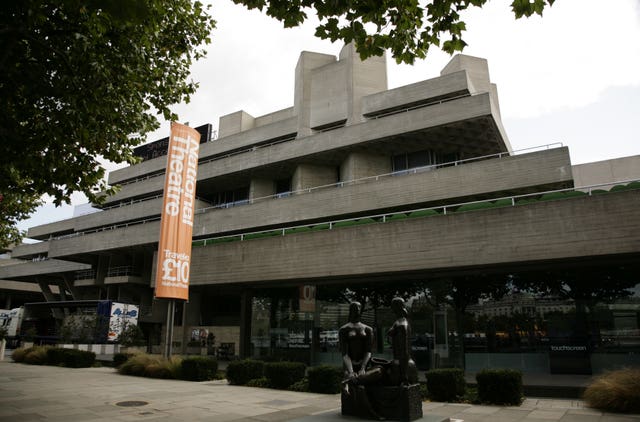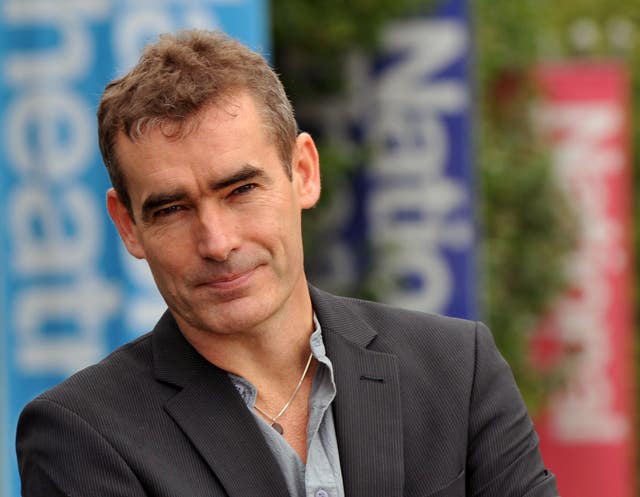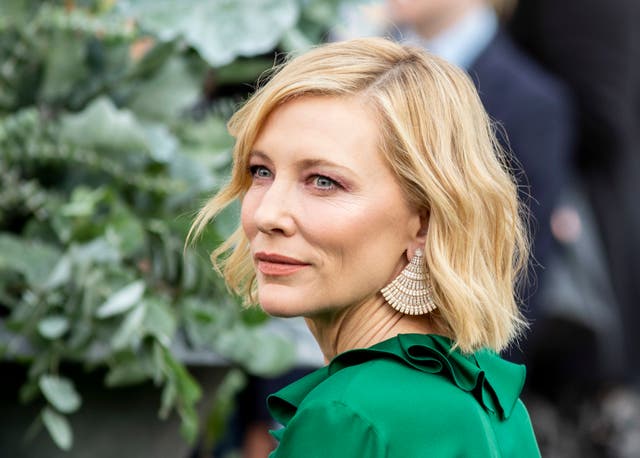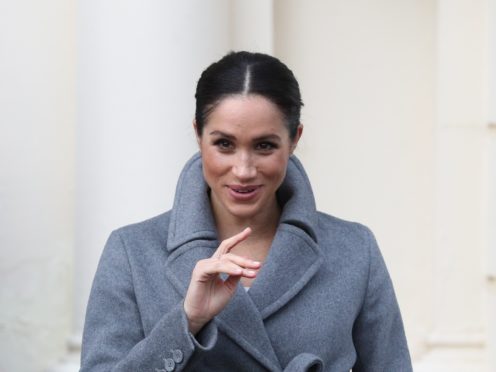The Duchess of Sussex’s patronage of the National Theatre comes just months after its director admitted that having Royal in its title was not always useful.
The famous institution was given permission to add the prefix to its name in 1988, to mark its 25th birthday.
But it is still known as the National Theatre, seldom using the word Royal.

Its director Rufus Norris was asked, at a press conference in October to announce its 2019 programme, why it does not call itself the Royal National Theatre.
“Sometimes it’s very useful for us and reflective and sometimes it’s less so,” he admitted.
“There’s no question about the fact that theatre has a challenge.
“This country is still very class-driven and there is a perception, and anything that adds to the perception that this place is not for everyone can be a downfall.”

Asked if there was any prospect of dropping the prefix completely, he said he would “pass that hot potato”, and added: “I’m going to take that one to the board and have a chat with them about it.”
Citing a recent project on arts education, he told the media: “The fact is we do have quite close communication with the royal family.”
Unlike the Royal Opera House, which was set out by royal charter, the Royal prefix was not originally part of the theatre’s name.
The National Theatre’s opening production in 1963 – under the leadership of its first artistic director Sir Laurence Olivier – was a production of Hamlet starring Peter O’Toole.
The Company was mostly based at the Old Vic Theatre for its first 13 years.
In 1976, under Sir Peter Hall, it moved to the Southbank Centre and the new building was officially opened by The Queen.

The National Theatre said that the Duchess of Sussex’s patronage reflects her “belief in using the arts to bring people from different backgrounds and communities together”.
Highlights at the National Theatre for 2019 will include an adaptation of Andrea Levy’s Small Island, a one-man play about the late comic Richard Pryor written by and starring Sir Lenny Henry, and Cate Blanchett in When We Have Sufficiently Tortured Each Other.
Hit productions over the years have included War Horse and The History Boys, as well as the controversial Jerry Springer The Opera.
